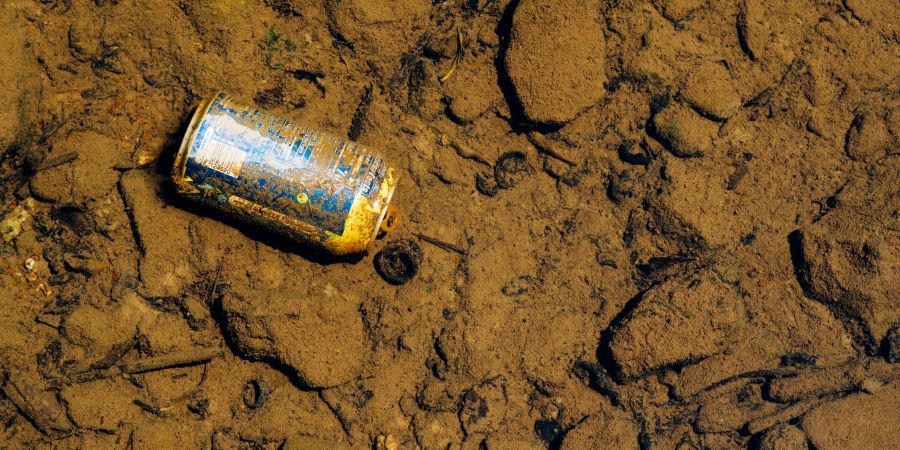

Soil pollution -:
Soil is one of the most important resources in geological conditions. All plants depend on soil for nutrients, water supply and support. The top layer of the earth's crust is soil and this layer is formed by the cracking of rocks. Soil plays an important role in providing food to humans and animals. Rising population, industrialization and changing lifestyles are having a detrimental effect on the soil and are the main cause of soil pollution. Any unforeseen change in the physical, chemical and biological properties of the soil that harms the organic and inorganic elements is called soil pollution.
Sources of Soil Pollution-:
Some of the processes or sources that are responsible for soil pollution are as follows:
1. Industrial waste
Industrial waste is main source of soil pollution which includes various substances such as paper, chemical, textile, metal processing factories etc. Sewage and solid waste are discharged on the ground. This waste is made up of organic, inorganic components that also contain non-degradable components.Factory waste contains heavy metals such as lead, chromium, mercury, cadmium, zinc and other hazardous substances that pollute the soil.
2) Urban Waste:
In India, mainly waste disposal and unplanned industrial development in and around cities is a major cause of soil pollution. Urban waste includes household and commercial waste. Leachate from waste dumps and sewage disposal tanks is more dangerous and hazardous, thus polluting the soil.
3) Modern farming methods:
Modern farming methods like chemical fertilizers, pesticides, herbicides and soil texture modifiers are causing soil pollution. Current practices such as overuse of water, over cultivation, single method cultivation have become a land degradation issue. This is turning fertile land into barren land, as well as some complex pollution issues due to overuse of fertilizers, pesticides and herbicides.
4) Mining:
A layer of soil on the surface and below it is removed in mining. During mining, the fertile soil, i.e. the top layer, is severely damaged and deforestation is found to be detrimental to the environment.
5) Radioactive pollutants:
Molecular devices, nuclear waste, radioactive dust formed after nuclear explosion enters the soil and causes soil pollution. Such Radioactive elements stay in the soil for a long time and continue to emit radiation.
Consequences of Soil Pollution:
Industrial waste contains various hazardous chemicals and they are harmful to living things. If acidic or alkaline industrial waste is dumped on the ground as well, the quality of the soil is affected. This type of waste also affects the texture of the soil and the crops in the field. Sometimes heavy metals from industrial waste leak or are carried into groundwater, causing water pollution. Field overuse of fertilizers and pesticides degrades soil texture and reduces the amount of micronutrients required for vigorous growth of crops. The elements in the chemical fertilizer are absorbed by the plant and they remain in the same part of the plant, the entry of pesticides into the food chain leads to bio-expansion. Biodegradation is the process by which chemical elements or heavy metals enter the food chain and increase in proportion to their upper attached energy exchange levels. The nitrates and phosphates in the synthetic fertilizers are transported through the fields and released into the nearby water reservoirs so that the nutrients can be processed.


